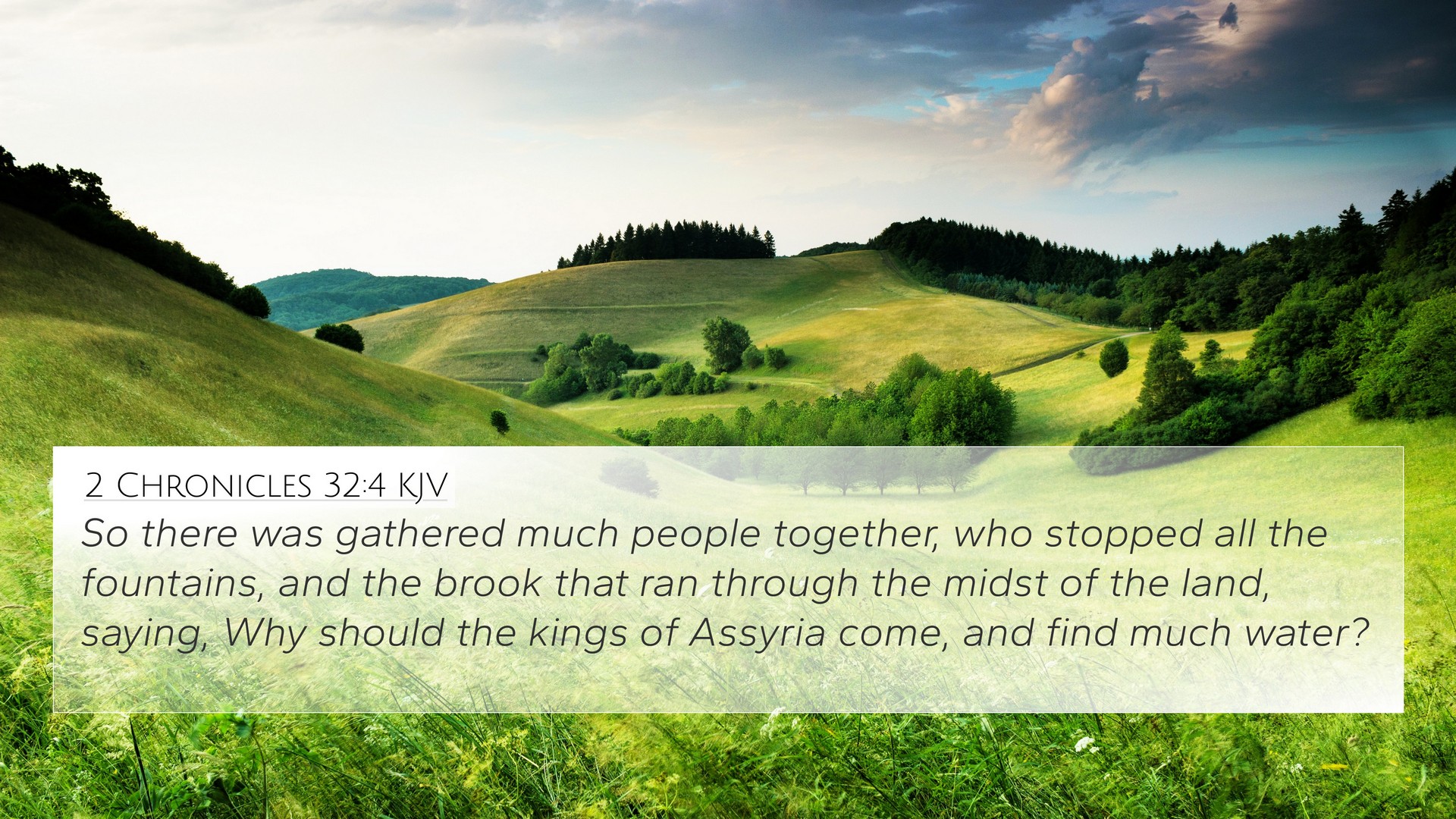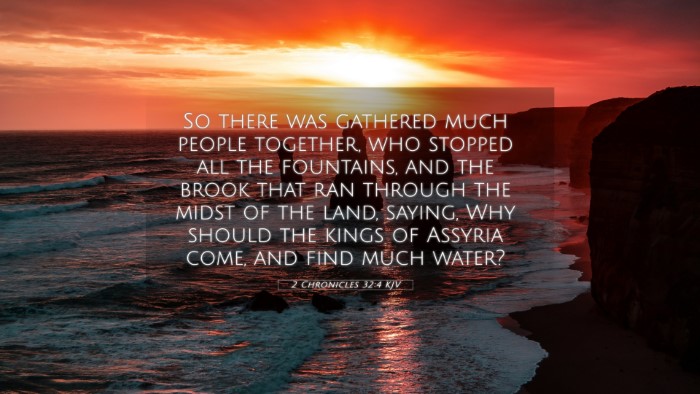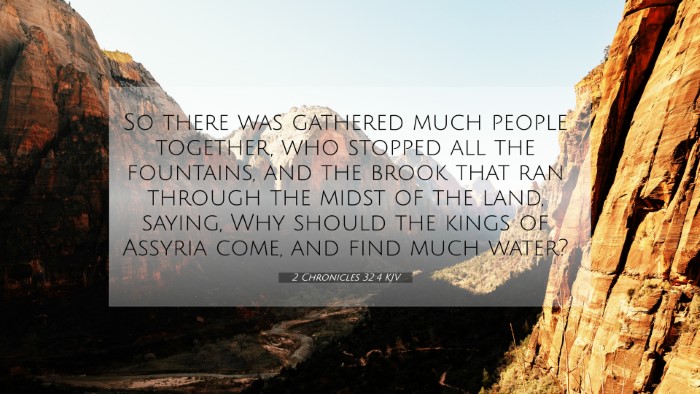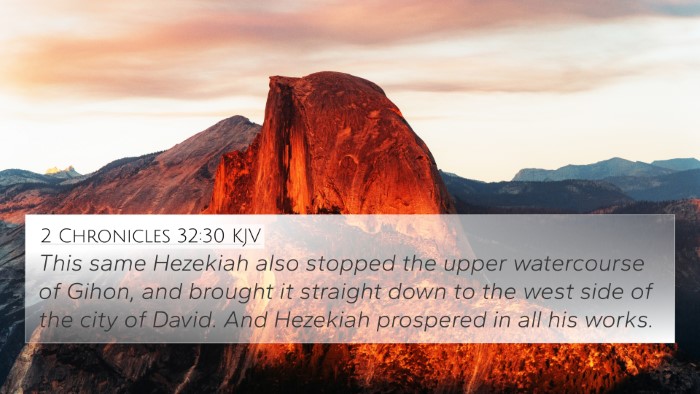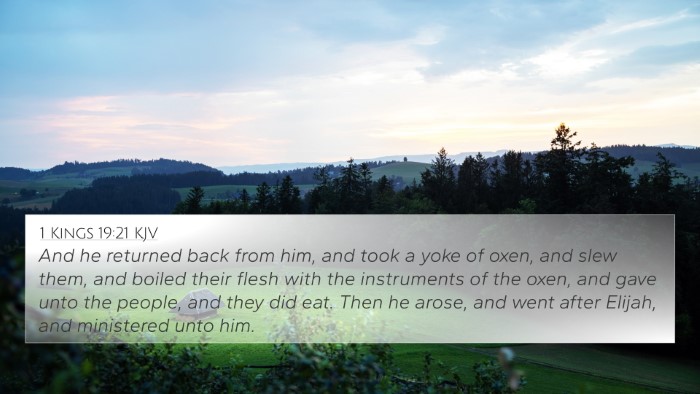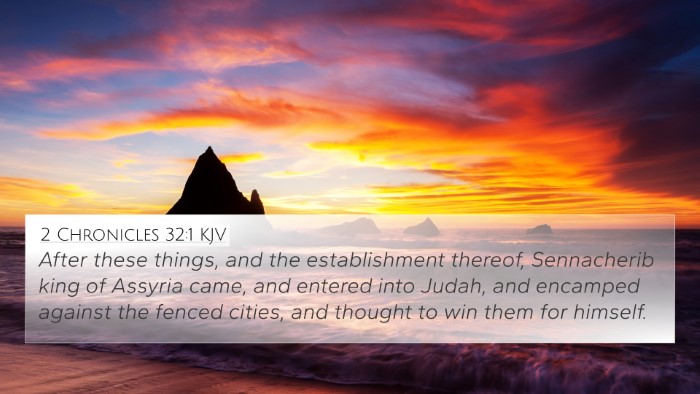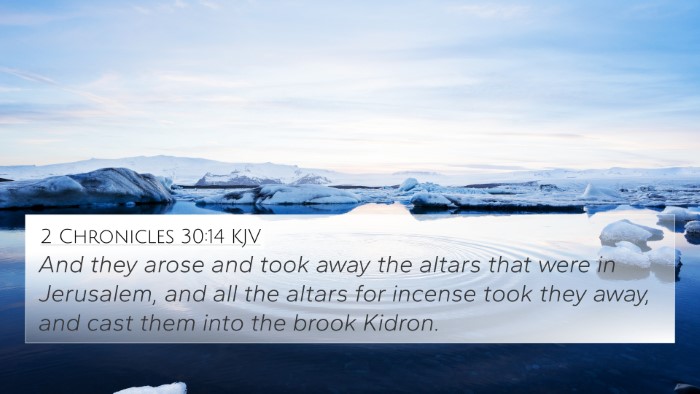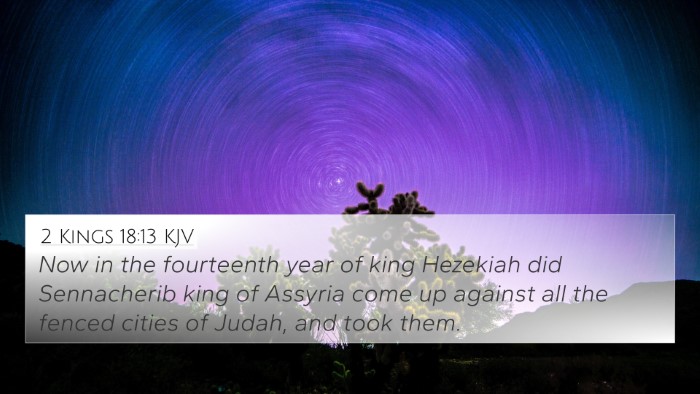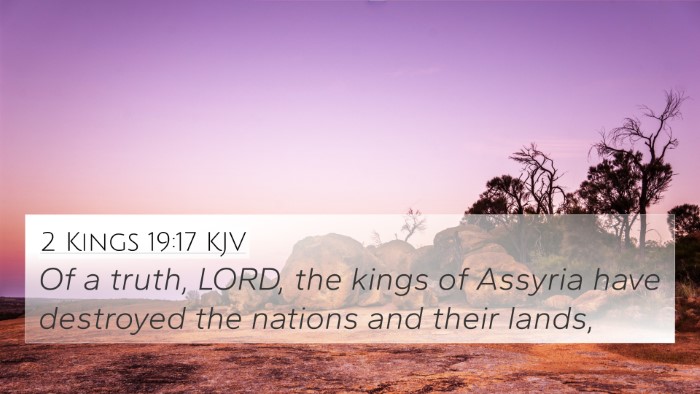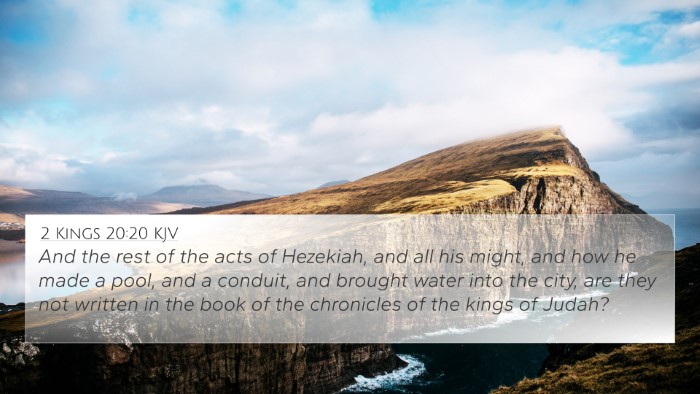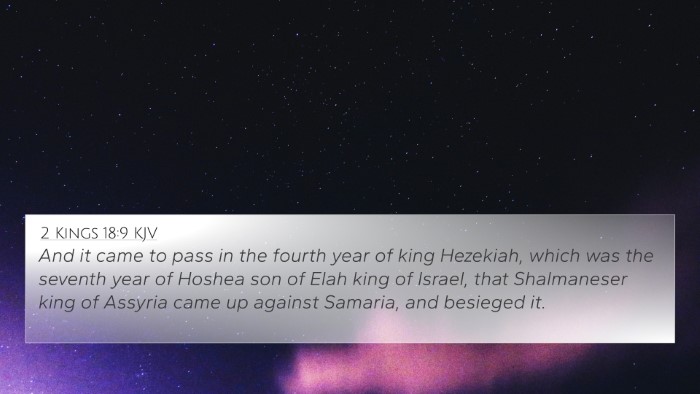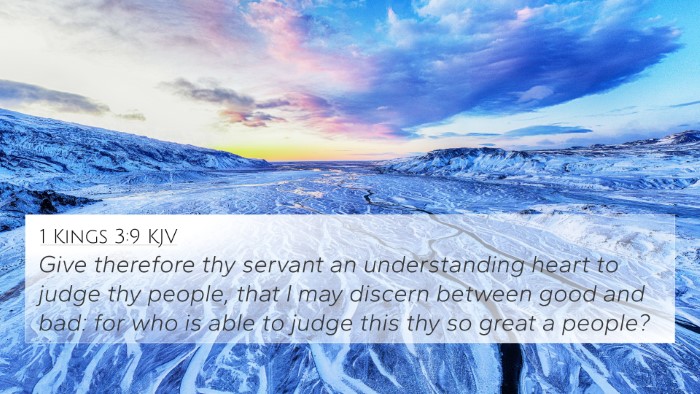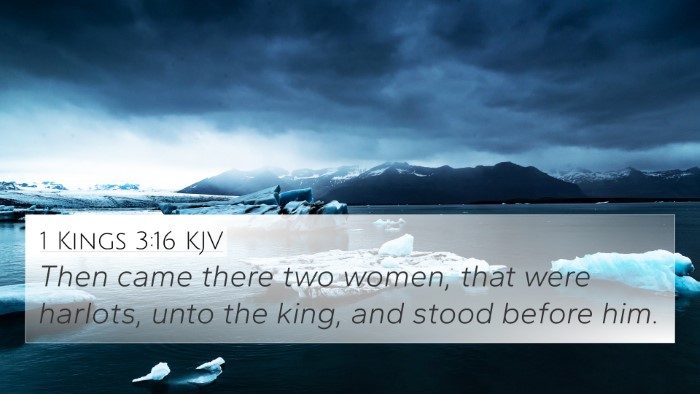Understanding 2 Chronicles 32:4
Verse: "So there was gathered much people together, who stopped all the fountains, and the brook that ran through the midst of the land, saying, Why should the kings of Assyria come, and find much water?"
Overview
This verse captures a moment during the reign of King Hezekiah of Judah, where the people are strategizing to protect their city from the impending threat of the Assyrian army. By stopping the fountains and brooks, they aimed to prevent the Assyrians from having easy access to water during the siege.
Bible Verse Cross-References
- Isaiah 36:2: This verse parallels the narrative, detailing the Assyrian approach to besiege Jerusalem.
- 2 Kings 18:13: It discusses the same historical context, providing insight into the military threats faced by Hezekiah.
- 2 Chronicles 30:1: Here, Hezekiah's leadership is further illustrated, emphasizing his authority and faith.
- Isaiah 37:20: This shows Hezekiah's reliance on God for deliverance from the Assyrians.
- 2 Kings 19:24: This verse showcases God's power over the Assyrians, highlighting the futility of their efforts against Him.
- Proverbs 21:31: A reminder that while human efforts are crucial, ultimate victory comes from the Lord.
- Psalm 74:15: This Psalm reflects on God's past interventions, providing assurance of His ability to protect His people.
Insights from Public Domain Commentaries
Matthew Henry: Henry emphasizes the unity and courage of the people of Jerusalem in the face of adversity. Their collective action to stop the water sources symbolizes their determination to thwart the enemy’s plans. He also underscores the significance of prayer and reliance on God that Hezekiah embodies through this crisis.
Albert Barnes: Barnes discusses Hezekiah’s wisdom in understanding both a physical and a spiritual strategy against the Assyrian siege. He notes that gathering the people to block the water sources is a strategic defensive measure, demonstrating Hezekiah's leadership. This action reflects a deeper reliance on divine aid as the true source of their strength during military threats.
Adam Clarke: Clarke remarks on the practical implications of this verse. He details that the gathered people not only prepared for siege but also showed solidarity and foresight. He draws connections to other biblical accounts where water plays a critical role in military strategy, illustrating the spiritual lessons of faith and preparation inherent in the text.
Thematic Connections
This verse encapsulates several key themes within the Bible:
- Leadership: Hezekiah's leadership style showcases reliance on God while taking practical steps to protect his people.
- Faith in Adversity: The actions of the people reflect a communal faith, emphasizing that unity in belief can lead to divine intervention.
- Divine Protection: The blocking of water symbolizes a plea for God's intervention and highlights reliance on His providence.
Cross-Referencing Biblical Texts
The act of gathering people to block the water sources raises important points of discussion when analyzing other scriptures that advise on preparation, faith, and seeking God’s provision:
- In Matthew 7:24-27, building one's house on a firm foundation assured safety against storms, paralleling the preventative measures in 2 Chronicles 32:4.
- James 2:17 stresses the importance of action in faith, echoing the collaborative effort of the people of Judah.
- Philippians 4:19: Assurance that God will provide reflects the underlying faith in God amidst the physical preparations.
Conclusion
The narrative in 2 Chronicles 32:4 reveals a rich tapestry of faith, preparation, and leadership in tumultuous times. By analyzing and cross-referencing with other Biblical texts, readers can gain a deeper understanding of the importance of community, divine reliance, and the multifaceted nature of faith in action. This verse stands as a testament to proactive faith—a call to trust in God while employing wisdom and unity against the adversities of life.
